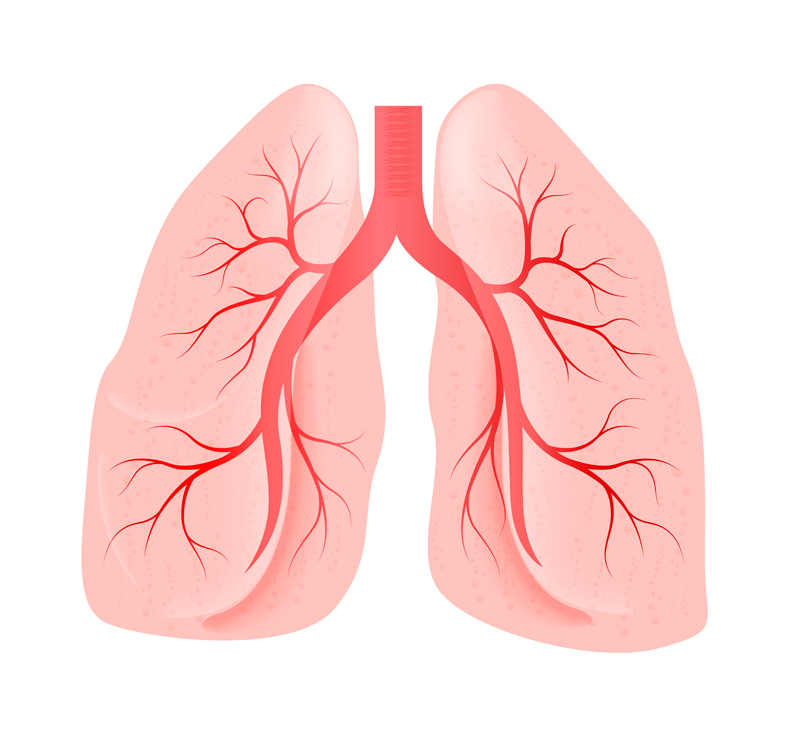Acceleron’s Sotatercept Receives FDA’s Orphan Drug Status for PAH

The U.S. Food and Drug Administration (FDA) has granted orphan drug status to sotatercept for the treatment of pulmonary arterial hypertension (PAH), according to Acceleron Pharma, the therapy’s manufacturer.
The FDA’s designation encourages and supports the evaluation and development of therapies to treat rare diseases — those that affect fewer than 200,000 people in the U.S., and are often overlooked by pharmaceutical companies.
If the medicine is approved, orphan drug status provides incentives by offering tax benefits for clinical research costs. It also grants the drug developer a seven-year license for exclusive marketing in the U.S.
“We’re pleased that the FDA has granted this designation for sotatercept,” Janethe de Oliveira Pena, MD, PhD, vice president of pulmonary medical research at Acceleron, said in a press release. “In preclinical studies, sotatercept has demonstrated an ability to target the underlying mechanisms of PAH, which is a rare disease of high unmet medical need. We believe that if similar effects are seen in a clinical setting, sotatercept has the potential to become an important addition to the standard of care in PAH.”
Sotatercept, formerly known as ACE-011, is an investigational molecule designed to bind and trap members of the transforming growth factor-beta (TGF-beta) family. These control various cell functions, including the bone morphogenetic protein, or BMP signals in the lungs.
Interested in PH research? Check out our forums and join the conversation!
The BMP signaling cascade is an important player in the maintenance of blood vessel structure in the lungs. It has been found to be critical for the process of vascular remodeling that contributes to PAH development and progression.
Preclinical studies in animal models of PAH showed that treatment with sotatercept could effectively reduce pulmonary arterial pressure and prevent enlargement of the heart’s right ventricle — hallmarks of PAH. It also was shown to have the potential to prevent cell proliferation, and to reverse the stiffening of pulmonary blood vessels.
Acceleron is currently exploring sotatercept’s impact in PAH patients with moderate physical limitations (functional class II-III) in two Phase 2 clinical trials — PULSAR (NCT03496207) and SPECTRA (NCT03738150).
PULSAR trial is a double-blind, placebo-controlled study in which people with PAH are randomly assigned to receive one of two doses of sotatercept or placebo by subcutaneous (under the skin) injections, every 21 days for six months, in addition to standard-of-care therapy. Study participants may continue treatment for an additional 18 months as part of an extension study.
The trial’s goal is to evaluate changes in vascular resistance before treatment, and after the first six months of therapy. Researchers also will assess participants’ exercise capacity by evaluating changes in the total distance covered in the 6-minute walking test.
Participants are currently being recruited for the SPECTRA study — an open-label, one-arm, exploratory trial of sotatercept. That study is expected to enroll about 25 participants who will receive treatment with sotatercept plus their PAH standard therapy for 24 weeks (almost six months). During this period, and the following 16 weeks, researchers will evaluate changes in respiratory function, vascular resistance, and exercise capacity, as well as combo therapy safety and tolerability.
For more information about SPECTRA locations and contacts, visit the study page here.







